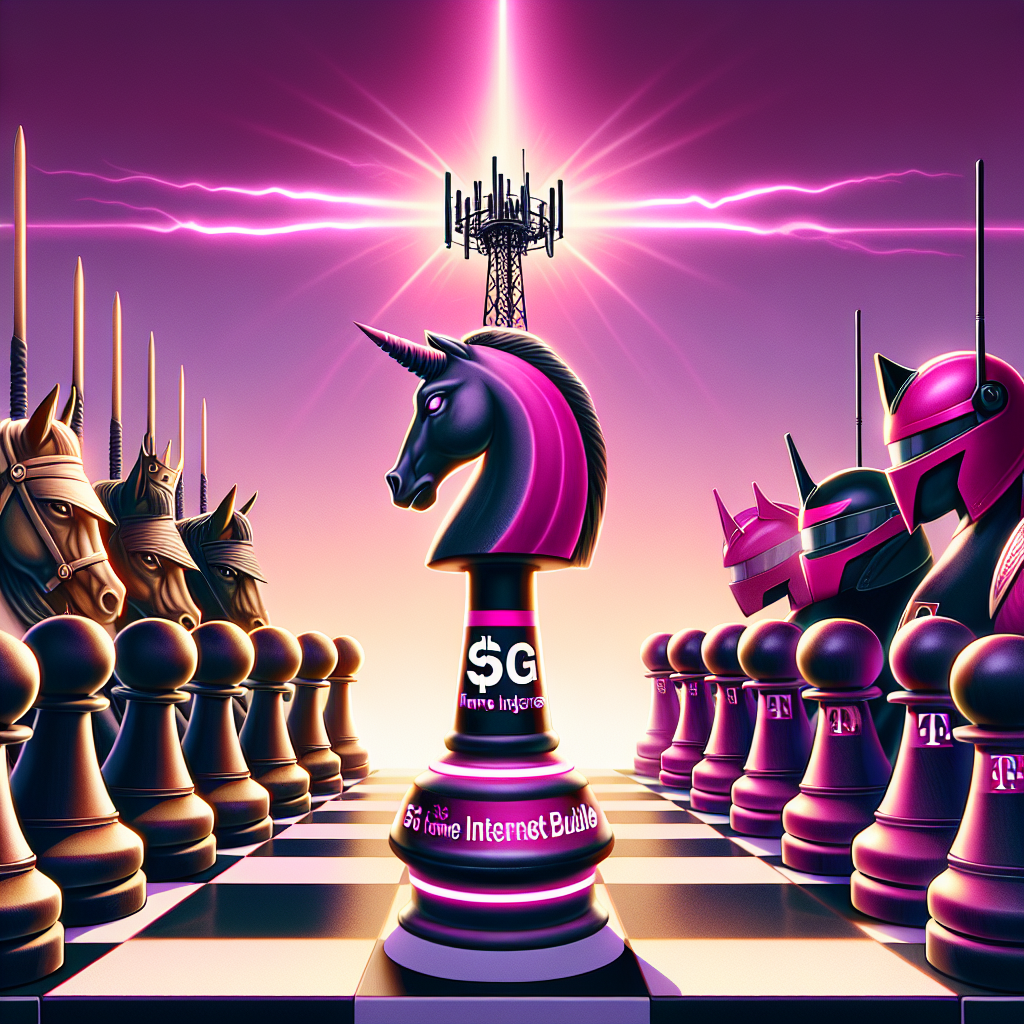T-Mobile is extending an attractive offer to its customer base this season, leveraging the competitive pressures in the burgeoning 5G internet market. According to a recent report by Startup News, the telecommunications giant is now providing its 5G home internet service at a discounted rate of $30 per month to customers who also opt for a bundled phone service line. This strategic pricing move underscores a larger trend in the telecommunications industry where companies intensify user acquisition and retention tactics through cost-effective bundled services.
The regular standalone rate for T-Mobile’s 5G home internet service is typically $50 per month. The incentive, therefore, results in a considerable monthly savings of $20, appealing significantly to cost-conscious consumers looking to maximize value. This pricing strategy not only enhances the attractiveness of T-Mobile’s offering but also strategically positions it against competitors like Verizon and AT&T, who have also been aggressively promoting their 5G services.
The adoption and rollout of 5G technology have been focal points for telecom companies aiming to capture market share in a densely competitive environment. 5G technology promises faster speeds, lower latency, and more reliable connections, which are becoming increasingly attractive as the Internet of Things, and smart home devices proliferate. By combining phone and internet services, T-Mobile is likely aiming to lock in customers over longer contract periods, thereby reducing churn rates and increasing the lifetime value of each customer.
The promotional strategy deployed by T-Mobile goes beyond mere cost savings for the consumers. It is a reflection of an industry-wide push towards integrated services, where traditional boundaries between different types of communication offerings are becoming increasingly blurred. Bundling phone and internet services is becoming a norm, with providers seeking to become one-stop-shops for customers’ telecommunications needs.
Furthermore, T-Mobile’s aggressive pricing strategy can be seen as a direct response to the growing expectation among consumers for seamless and unlimited connectivity. In an age where streaming services, remote work, and online gaming are standard, having a reliable and high-speed internet connection at home is becoming a necessity rather than a luxury.
Critics may argue that while the low price point is attractive, the quality of service, coverage, and customer support remain critical factors that consumers should consider before switching their internet service provider. Moreover, with all major players now offering similar bundled packages, differentiation based on service quality and customer experience will become more pivotal.
In conclusion, T-Mobile’s new pricing structure for its 5G home internet, as reported by Startup News, is not just about offering a discount but is a calculated move in the strategic high-stakes game of customer acquisition and market dominance in the fast-evolving telecom sector. As this competitive landscape continues to evolve, it will be interesting to observe how rivals respond and how consumers benefit from these increasingly competitive market dynamics.



